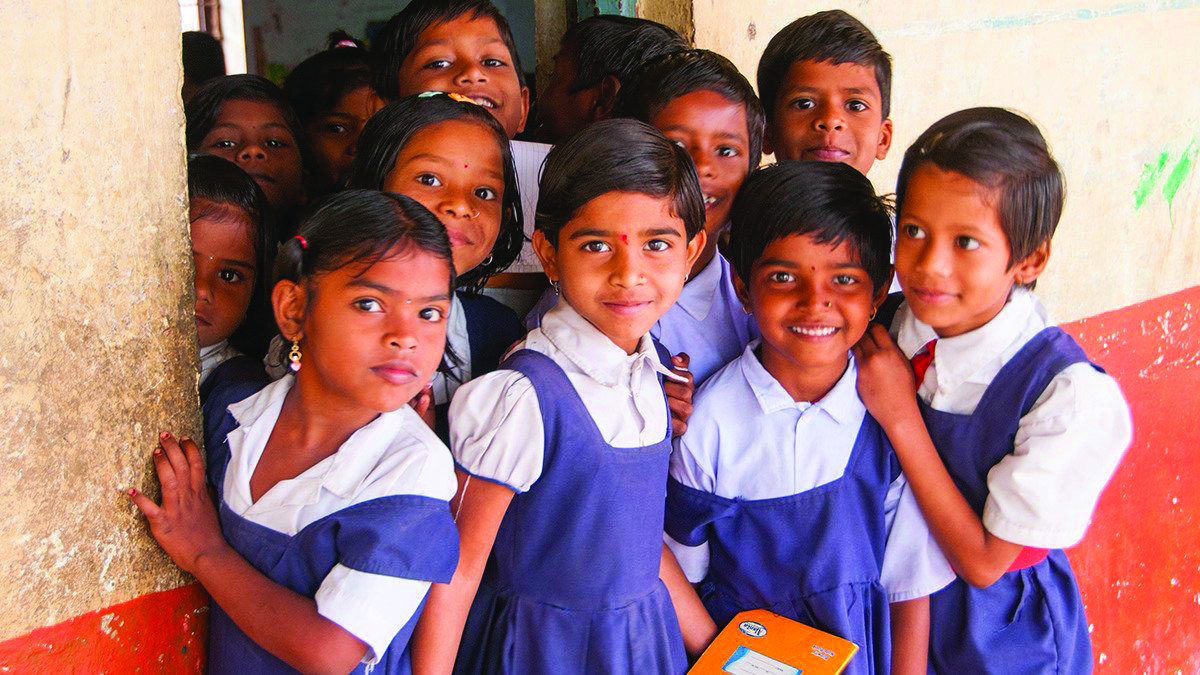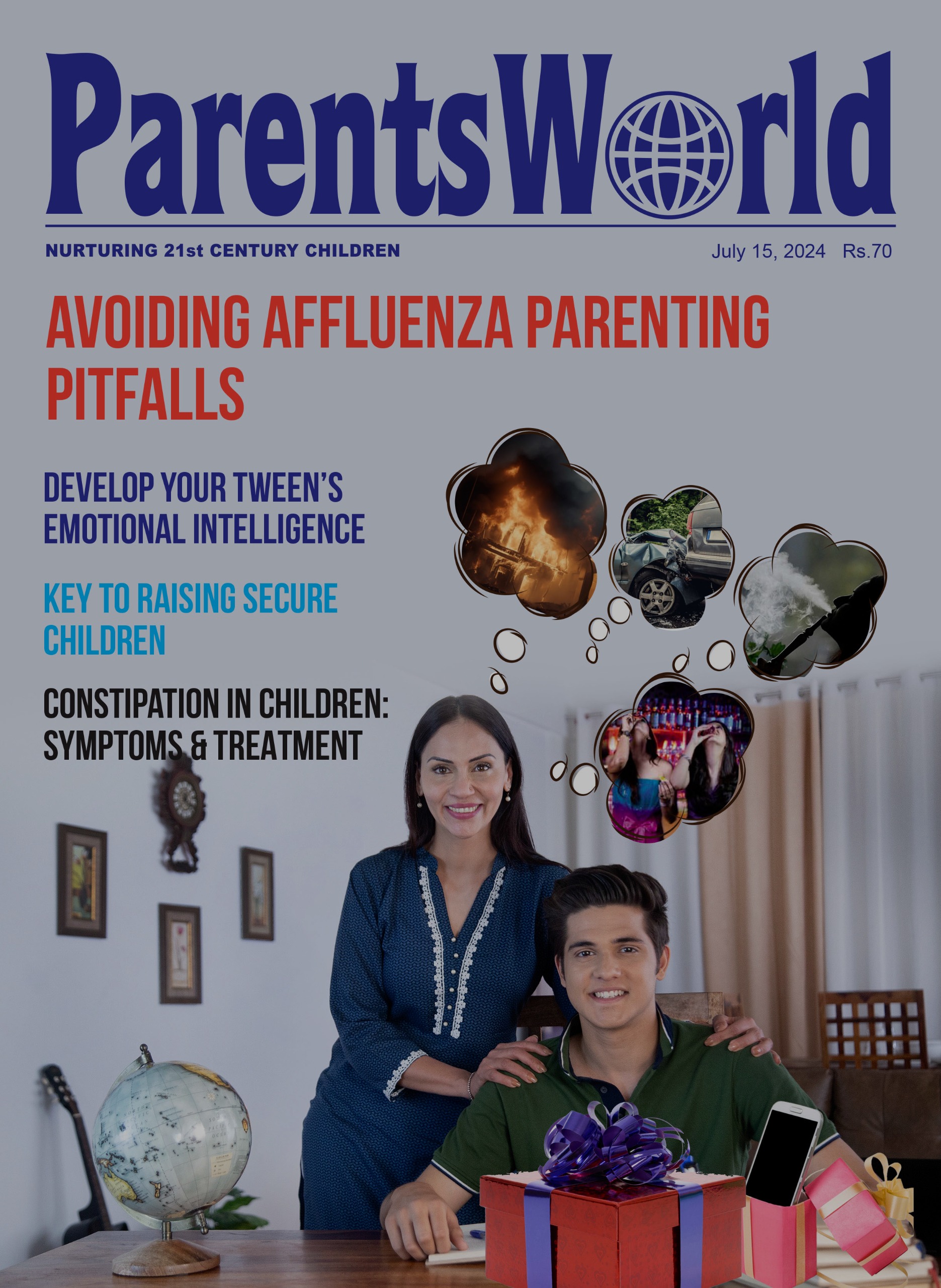Autar Nehru (Delhi)

Primary school children: permanent APAAR record for all
When the 65-page national Education Policy (NEP) 2020, distilled from the 484-page report of the K. Kasturirangan Report, was released to an unsuspecting public on July 29, 2020, there was considerable scepticism about its implementation. But bit by bit, several important initiatives – CUET (Common University Entrance Test) for admission into 250 universities including 45 Central government universities, NEET (National Eligibility cum Entrance Test) for admission into medical colleges countrywide, presentation of National Curriculum Frameworks for foundational and school education (NCF-FS and NCF-SE) — have been drawn up, well-received and are in the process of implementation. (see EW August).
In mid-October the Union ministry of education wrote to chief secretaries of the states about an ambitious plan to create an Automated Permanent Academic Account Registry (APAAR) under which all 260 million in-school children’s names and details will be registered and linked with an Academic Bank of Credits (ABC), one of the most exciting proposals of NEP 2020 which encourages entry and exits within the academic continuum and life-long learning.
The distinctive 12-digit APAAR number awarded to every student will store all student information, including learning outcomes, exam results, report cards, health records, and extra-curricular accomplishments in public and private institutions or universities countrywide, and link children’s Aadhaar numbers as well.
In the letter to state chief secretaries, the education ministry has asked them to direct schools in their jurisdiction to convene parent-teacher meetings to obtain parental consent to establish children’s digilockers. This is a prerequisite for schools/colleges to begin the registration process for issuing APAAR ID cards. Parents will need to be informed that they have the right to revoke their consent at any time.
Billed as ‘One Nation-One Student ID Card’, the APAAR ID will digitally transmit all academic information, including awards, degrees, scholarships etc, enabling students of all ages to track their academic progress in high school, junior college, and tertiary education. Moreover, every student’s complete academic information will be easily accessible and simplify the currently tedious process of transfer from one institution to another. As a result, it will also simplify the process of college admission for school-leavers.
Although initially there were protests about additional paperwork and the burden of explaining the advantages of APAAR and ABC to teachers and students, aware educationists have welcomed these initiatives. “Surely it’s an advantage that the digilocker will be a one-point reference for students, parents and other agencies which award scholarships and for college admission. Parents should also welcome APAAR whole- heartedly as all safety measures have been taken by government in the design of the consent form. Our schools will proactively support the APAAR/ABC initiative,” says Bharat Arora, President, Action Committee Unaided Recognised Private Schools, an association of over 650 private unaided schools spread across the country.
Comments Prof. Anil Sahasrabudhe, chairman, NAAC and the NETF (National Education Technology Forum): “APAAR is a registry for all learners while the records will rest in the ABC, which will emerge as an easily accessible curriculum vitae of all students. Also, it will check fraudulent manipulation of outcomes and fake certificates.”
Although it’s early days for this ambitious project, the education ministry’s initiative to set up a national digilocker for 260 million children — perhaps the largest such project worldwide — is commendable. NEP 2020 also proposes establishment of an autonomous National Educational Alliance for Technology (NEAT) which will continuously develop “technology to enhance learning, assessment, planning, administration and so on both for school and higher education.” NEAT will serve as a permanent workshop to iron out inevitable glitches in the APAAR-ABC programme. This bridging of the academy-industry divide which has existed for decades, is undoubtedly a welcome development.
Also read:
























